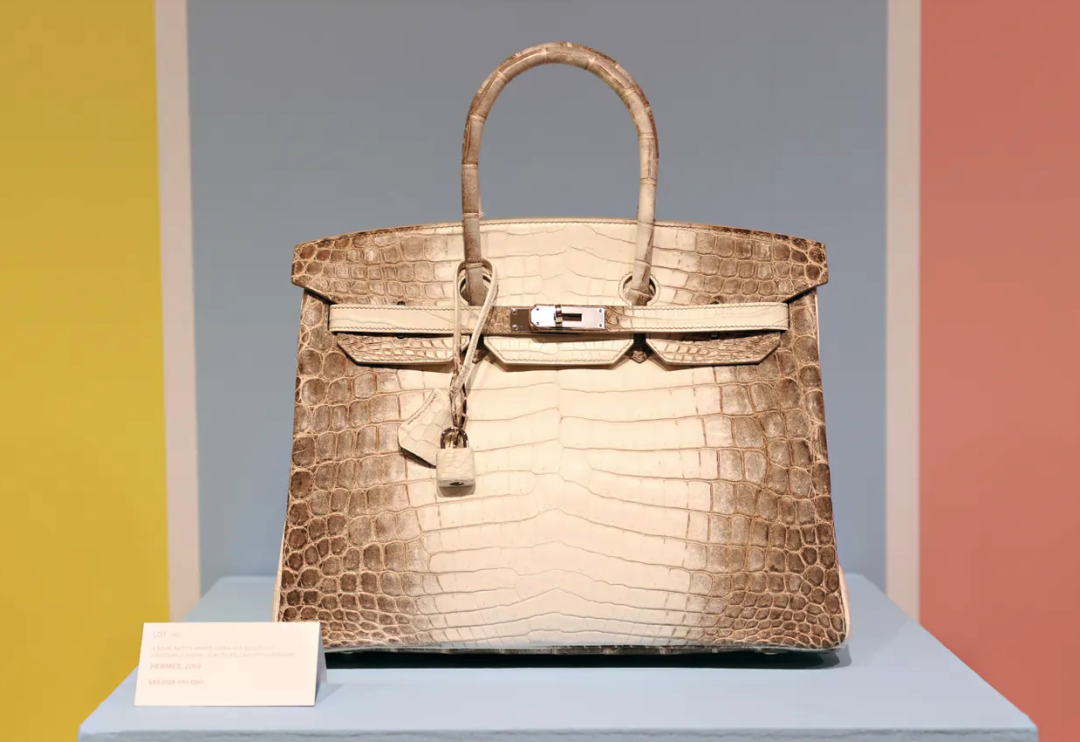March 21, French luxury brand Hermès was exposed to a class-action lawsuit in the US for allegedly involving "allocation hidden rules." Local consumers believe that the sale of Hermès goods is "bundled" with the purchase of other goods, which violates relevant US laws. This lawsuit was filed in California, accusing the brand of illegally restricting customers' purchases of its iconic Birkin handbags through a set of "hidden distribution rules."
This lawsuit exposes a practice that has long been regarded as an unwritten rule in the luxury goods market, that is, only customers who have "sufficient purchase history" in Hermès have the opportunity to purchase these highly scarce and sought-after handbags.
According to the lawsuit documents, Hermès is accused of "tying" the sale of Birkin handbags to the purchase of other Hermès products such as shoes, scarfs, and jewelry, in violation of anti-monopoly laws. This practice not only limits consumers' choices, but is also seen as a means of leveraging its market power by requiring customers to purchase other complementary products first, thereby increasing the actual cost of Birkin handbags and increasing Hermès' profits from these high-priced handbags.
Platinum bag: A symbol of scarce wealth
Birkin handbags are exclusively produced by Hermès, and each handbag is handcrafted by experienced French craftsmen using the best leather, which takes several hours or even days to complete. This unique production process, coupled with its scarcity and high demand, makes the Birkin handbag not only a symbol of fashion, but also a symbol of scarce wealth. The price of the handbag ranges from several thousand dollars to hundreds of thousands of dollars. For many people, owning a Birkin handbag is a symbol of status and status.
Stories of consumers behind the lawsuit
The lawsuit mentions two plaintiffs, Tina Cavalleri and Mark Glinoga, who represent thousands of American consumers who may be affected by this sales strategy. These consumers are forced to spend thousands of dollars on other Hermès products in the process of hoping to purchase Birkin handbags, but this does not bring a guaranteed opportunity to purchase Birkin handbags. The lawsuit reveals an unsettling phenomenon in which salespeople use Birkin handbags as an incentive mechanism to force consumers to purchase other complementary products, and these salespeople do not directly earn commissions from the sale of Birkin handbags.
Impact on the luxury goods market
This lawsuit is not only about a brand's sales strategy, but also touches on the way the broader luxury goods market operates. By exposing Hermès' practices, the lawsuit challenges some long-standing practices within the luxury goods industry that may limit consumers' rights and also affect fair competition in the market. The outcome of this case could have far-reaching implications for the entire luxury goods industry, prompting other brands to reconsider their sales and distribution strategies to ensure they comply with the law while respecting consumers' rights.
This collective lawsuit faced by Hermès reveals some issues in the luxury goods market that may have been overlooked, especially the issue of how to balance the exclusivity of the brand with consumer rights. As this lawsuit progresses, it could not only change some of Hermès' practices, but also trigger introspection and change in the entire luxury goods industry.
For consumers, this is an important moment to focus on how their rights are protected, and for luxury brands, it is an opportunity to review and possibly adjust their sales strategies to treat consumers more fairly and transparently.























+ There are no comments
Add yours